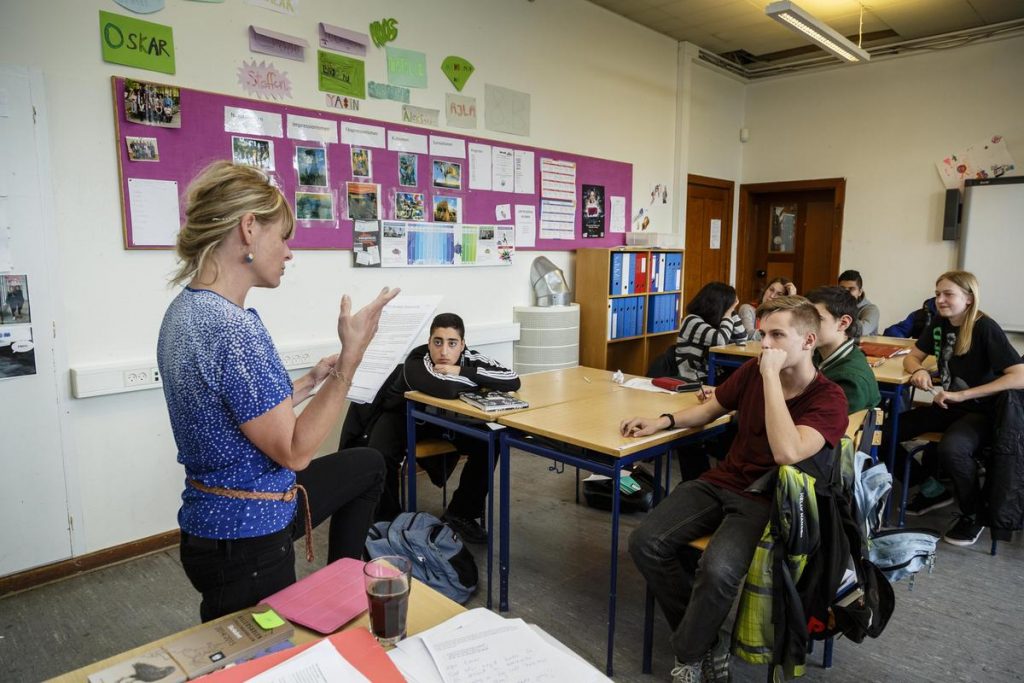Arctic Pedagogy in Teacher Education II
The project aims to support and equip future teachers in the North with knowledge, skills and attitude that helps them educate future generations in the Arctic to be proud of their heritage. It will encourage a learning environment that enhances the competences of teacher education institutions to better serve communities by strengthening culturally relevant teaching and increase ownership to better understand teacher education in the Arctic.
The project activities are mainly different types of events and publications. The events have been focusing on the themes of local and indigenous cultures and inclusive education. Reports and news pieces about the event and other activities are available on the project website.
Project outputs:
The book Including the North: a Comparative Study of the Policies of Inclusion and Equity in the Circumpolar North was published in March 2019. The book includes ten chapters representing different countries and areas across the circumpolar Arctic and the national policy context on the inclusive education of each country. The book is available open access online here.
The special double issue of journal Education in the North was published as part of the project. The issue, titled Teacher Education in the Arctic, covered themes like co-teaching, digitalization and distance learning. The issue is available open access online here.
Position statement on Arctic Pedagogy was developed to define and explain what Arctic pedagogy is and how it can be implemented. The position statement is available online here.
Online Resource Centre collects quality teacher education research and practice materials. The resource centre includes webinars, presentations and other types of materials. Online Resource Centre is available here.
Partners: Anderson, Kirk, Memorial Uni of Newfoundland, CA (SDWG); Brinker, Benedikte, Copenhagen Business School (DK); Cox, Sarah, Aboriginal Affairs and Northern Development, CA (SDWG); Davaarusen, Munkhjargal, Mongolian National Uni of Education, (MN); Deer, Frank, Uni of Manitoba, CA (SDWG);
Einarsdottir, Johanna, Uni of Iceland, (IS); Flakk, Tommy, Ministry of Foreign Affairs, NO (SDWG); Flotskaya, Natalia, Northern Arctic Federal Uni, RU (SDWG); Hirshberg, Diane, Uni of Alaska Anchorage, (US); Jonsson, Gunnar, Uni of Luleå, SE (Arctic5); Kaden, Ute, Uni of Alaska Fairbanks, (USA); Keskitalo, Pigga, Sami University College, NO (SDWG); Maxwell, Gregor, UiT/Uni of Tromso, NO (SDWG, Arctic5); Norlin, Björn, Uni of Umeå, SE (Arctic5);
Rasmus-Moilanen, Eeva-Liisa, Sami Education Institute, FI (SDWG); Ryzhkova, Inna, Murmansk State Humanities Uni, RU (SDWG); Schraeder, Harald, Uni de Versailles Saint-Quentin-en-Yvelines, (FR);
Snow, Kathy, Cape Breton Uni, CA (SDWG); Spratt, Jennifer, Uni of Aberdeen, (UK); Takala, Marjatta, Uni of Oulu, FI (SDWG, Arctic5); Tuuli Ojala, Ministry of Foreign Affairs, FI (SDWG);
Verigin, Dmitry, Ministry of Economic Development, RU (SDWG); Vigren, Heli, Uni of Turku, FI (SDWG).
Applicant: Prof. Tuija Turunen Tel: Faculty of Education, University of Lapland P.O. Box 122, 96101 Rovaniemi, Finland
Partners (see below the text)
Countries: Denmark, Iceland, Norway, Finland, Russia, United States, Canada
Project start 2018, expected to be finalized in 2019.
Copyright pictures: Yadid Levy / Norden.org
